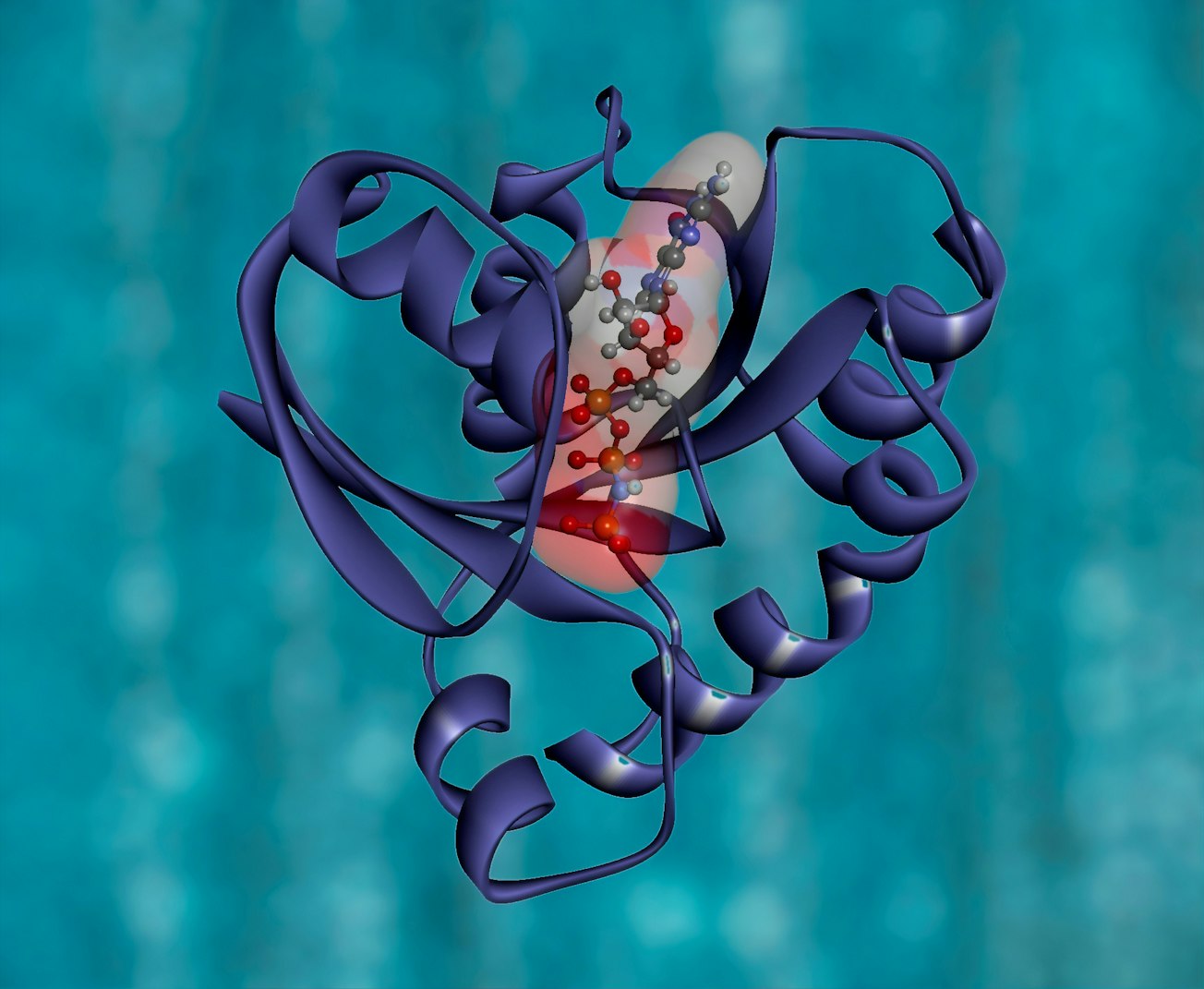What is it about?
Authors determined that overexpression of protein disulfide isomerase conferred a survival advantage in vitro and in vivo to human myoblasts injected into murine dystrophic muscle and to endothelial cells administered upon hindlimb ischemia damage, improving the therapeutic outcome of the cell therapy treatment. Overexpression of protein disulfide isomerase may protect transplanted cells from hypoxia and other possibly occurring endoplasmic reticulum stresses, and enhance their regenerative properties.
Featured Image

Photo by National Cancer Institute on Unsplash
Read the Original
This page is a summary of: Protein disulfide isomerase as a prosurvival factor in cell therapy for muscular and vascular diseases, Stem Cell Research & Therapy, September 2018, Springer Science + Business Media,
DOI: 10.1186/s13287-018-0986-y.
You can read the full text:
Resources
Stem Cell Research & Therapy Open Access
Open access version
Muscle Cell News
Muscle Cells News Volume 3,.33. Oct. 1 2018
Challenges and Strategies for Improving the Regenerative Effects of Mesenchymal Stromal Cell-Based Therapies
Int J Mol Sci (2017); 18(10):2087. doi: 10.3390/ijms18102087.
PubMed Central
PubMed Central free full-text
Contributors
The following have contributed to this page







